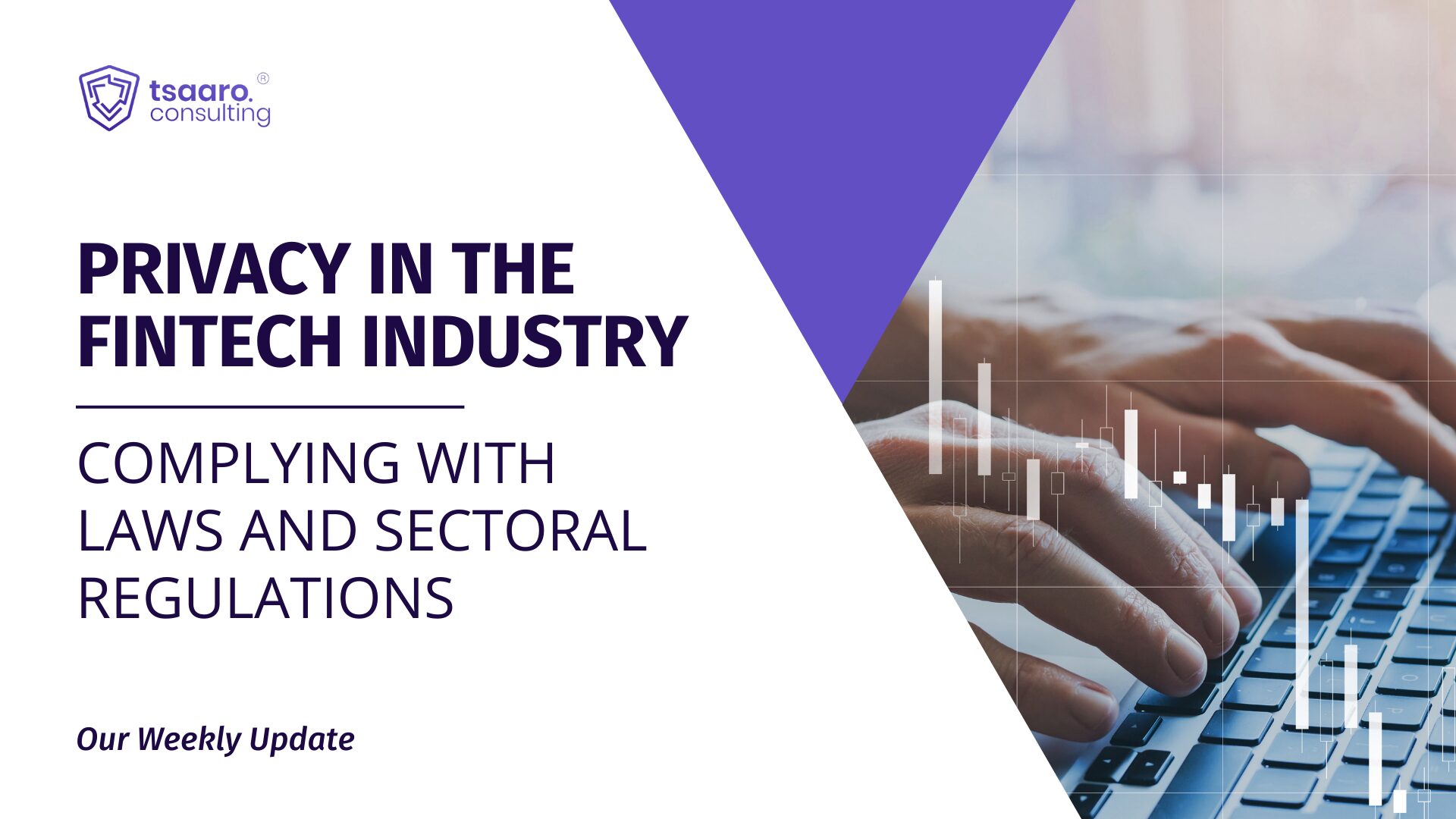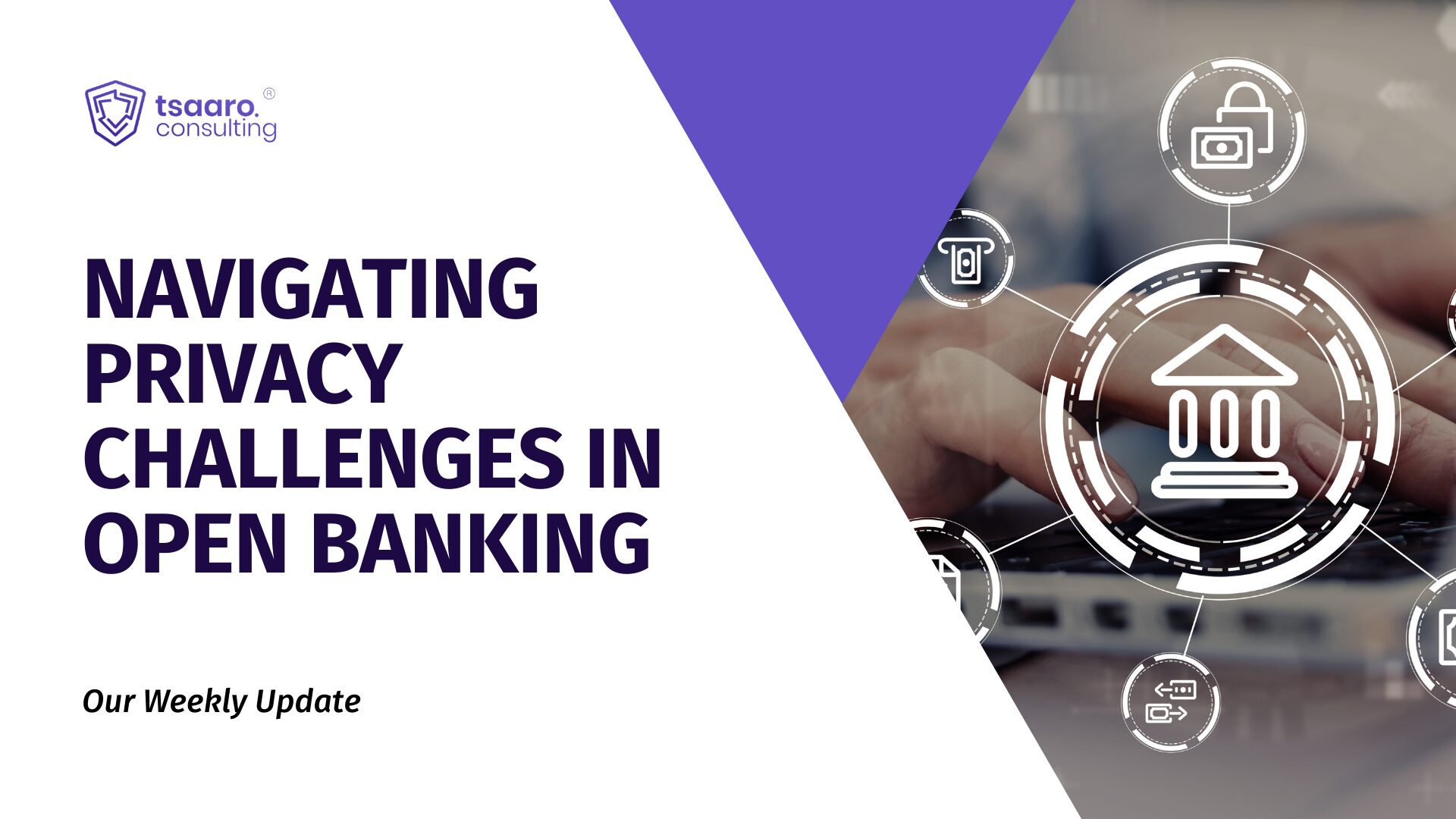INTRODUCTION:
The phrase “data is the new oil” is attributed to British mathematician Clive Humby, who purportedly coined it in 2006. Large corporations including social media giants gather data from consumers and leverage it to make inform internal decision aimed at making strategic decision and enhancing sales performance. This escalating emphasis on data reliability has brought the discipline of data governance to the forefront, shaping the way data is managed, safeguarded, and utilized within these institutions.
Data governance is an instrument for determining who within an organization is responsible for overseeing data assets and establishing a mechanism for their lawful utilization. In today’s world, where social media holds substantial sway and users regularly engage and exchange diverse information, the need for a robust mechanism to oversee data governance within these platforms becomes paramount. Forward-thinking IT leaders recognize this necessity and are directing investments towards cloud-based platforms, cybersecurity measures, and observability initiatives. These strategic investments serve as crucial steps in cultivating customer trust, prioritizing aspects such as data privacy, cybersecurity protocols, incident response capabilities, and minimizing errors.
In this blog, we will explore the significance of data governance in social media and examine how organizations can cultivate trust and ensure a secure digital environment for their customers to navigate. We will delve into the reasons why effective data governance is crucial in the realm of social media and discuss actionable strategies that businesses can implement to establish trust and foster a sense of safety among users as they interact online.
UNDERSTANDING DATA GOVERNANCE IN SOCIAL MEDIA:
In today’s digital world, social media serves as a crucial platform for deepening customer interactions and fostering relationships by facilitating a mechanism for communication. However, the public nature of these interactions means that even a minor misstep can have catastrophic consequences to organisation, both in terms of reputation and financial implications. Therefore, navigating data privacy challenges within social media is paramount. These challenges involve the complexities and risks associated with gathering, processing, and sharing data in ways that may contravene data privacy principles or regulatory requirements. Social media data, characterized by its intricate and dynamic nature, presents hurdles in identification, classification, and tracking, making it essential to establish robust data governance practices.
Within the realm of social media advertising, effective data governance is vital for managing such a vast quantities of user data to craft impactful advertising strategies. By establishing frameworks for data collection, utilization, and analysis, organizations can ensure ethical conduct and compliance with privacy regulations and platform policies. These policies dictate the ethical utilization of user engagement, preferences, and demographic data for personalized advertisements, thereby safeguarding user privacy and ensuring their trust. Furthermore, data governance plays a crucial role in upholding the quality and accuracy of data, essential elements for the success of advertising campaigns. This necessitates conducting regular audits to verify the currency, relevance, and alignment of data with marketing objectives and ethical standards.
Effective data governance makes sure that data is consistent and trustworthy and doesn’t get misused. It’s increasingly critical as organizations face expanding data privacy regulations and rely more and more on data analytics to help optimize operations and drive business decision-making. Therefore, robust data governance practices are integral to navigating the complexities of social media interactions, safeguarding user privacy, and enhancing the effectiveness of advertising endeavours.
CASE STUDIES HIGHLIGHTING THE CONSEQUENCES OF TRUST BREACHES:
Several high-profile incidents of data breaches have occurred on leading social media platforms such as Facebook and LinkedIn.In April 2019, a public website exposed two business datasets containing sensitive information, including mobile numbers, account names, and Facebook IDs of over 530 million users, in one instance involving Facebook. Similarly, LinkedIn experienced a breach where hackers obtained approximately 6.5 million passwords and shared them on a Russian hacker forum.
“Research conducted by the Dutch VPN company Surfshark reveals that since 2018, five of the leading social media platforms, namely Facebook, Instagram, TikTok, WhatsApp, and Twitter, collectively faced fines exceeding €2.9 billion for breaching the EU’s data protection regulations. Notably, TikTok incurred its first fine in 2021 due to its failure to provide a privacy statement in Dutch, thereby hindering minors in the Netherlands from comprehensively understanding the terms and conditions. Incidents of such data breaches and non-compliance erode customer trust in organizations, ultimately harming their reputation and attracting heavy penalties
IMPORTANCE OF BUILDING TRUST:
Building trust among users is essential for social media platforms to thrive and compete in today’s digital landscape. Trust not only drives user engagement and loyalty but also provide strategic advantage. Platforms that prioritize transparency, privacy, and ethical practices can differentiate themselves and attract and retain users in a highly competitive market. Transparency plays a vibrant role in this process, as users expect clarity regarding data handling and platform policies. By fostering trust through transparency and ethical practices, social media platforms can create a secure and welcoming environment, ultimately contributing to their long-term success and sustainability.
STRATEGIES FOR IMPLEMENTING EFFECTIVE DATA GOVERNANCE:
To implement robust data governance within an organisation, organizations must prioritize several key strategies and mechanisms. First and foremost, prioritizing data privacy and security is paramount. This involves implementing robust encryption techniques to safeguard sensitive data, establishing access control mechanisms to regulate who can access data, and conducting regular security audits to identify and address vulnerabilities proactively.
Additionally, enhancing transparency and accountability is crucial. This can be achieved by implementing clear data usage policies that outline how data will be used and shared, providing users with control over their own data through consent mechanisms, and publishing transparency reports detailing data handling practices. Furthermore, integrating ethics into data governance frameworks is essential for responsible data management. This includes developing ethical guidelines for data collection and usage to ensure data is obtained and utilized ethically, as well as implementing ethical decision-making frameworks for AI algorithms to mitigate biases and uphold fairness.
Finally, ensuring compliance with regulations is vital. Organizations must stay abreast of relevant regulations such as DPDPA, GDPR and CCPA, conducting regular audits to ensure compliance, and collaborating with regulatory bodies and industry associations to stay informed of any changes or updates to compliance requirements. By prioritizing these strategies, organizations can establish robust data governance frameworks that not only protect data privacy and security but also uphold ethical standards and regulatory compliance.
CONCLUSION:
Implementing an effective data governance mechanism is paramount in the realm of social media to foster trust, safeguard user privacy, and ensure regulatory compliance. By implementing robust strategies such as prioritizing data privacy and security, enhancing transparency and accountability, integrating ethics into governance frameworks, and ensuring compliance with regulations, organizations can cultivate a secure and trustworthy digital environment for their users. The consequences of trust breaches, as evidenced by high-profile incidents on leading social media platforms, highlight the critical importance of building and maintaining trust. Through proactive measures and adherence to ethical standards, social media platforms can differentiate themselves, drive user engagement, and sustain long-term success in today’s competitive digital landscape.












Recent Comments